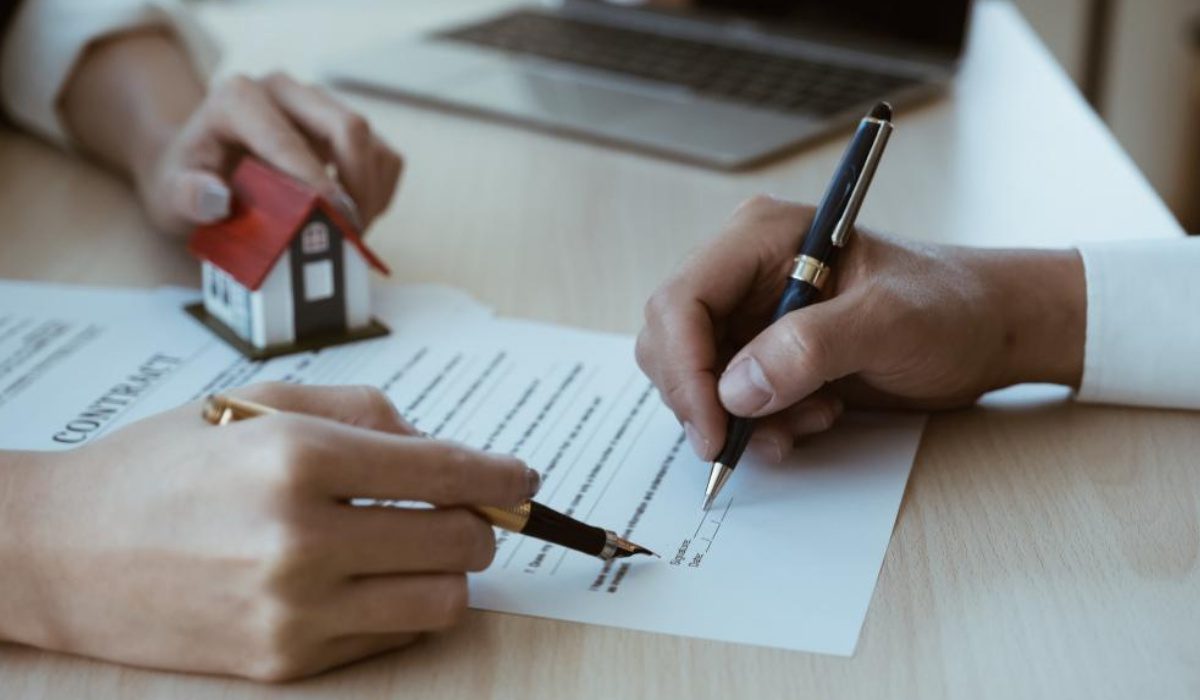
How to Verify Property Ownership Before Buying?
Buying property is a significant investment, and verifying property ownership is crucial to avoid fraud and legal complications. Here’s a step-by-step guide to help you check if a property is legally owned by the seller.
- Key Documents to Check
✔ Sale Deed: The most important legal document that proves ownership.
✔ Title Deed (Mother Deed): Shows the chain of previous ownership.
✔ Encumbrance Certificate (EC): Confirms if the property is free from legal dues.
✔ Property Tax Receipts: Ensure the seller has been paying taxes regularly.
✔ Approved Building Plan: Confirms the construction is legal and approved.
✔ Occupancy Certificate (OC): Issued after completion, proving legal construction.
✔ No Objection Certificate (NOC): Required for certain categories, like cooperative housing societies.
✔ Power of Attorney (if applicable): Verify if the seller has legal authority to sell the property.
✔ RERA Registration: If it’s a new project, check if it is registered under RERA.
- How to Verify Ownership?
✔ Visit the Local Sub-Registrar Office: Obtain a copy of the sale deed and ownership details.
✔ Check Online Land Records: Many states provide digital land records for verification.
✔ Consult a Property Lawyer: A legal expert can verify title authenticity.
✔ Check Encumbrance Status: Request an Encumbrance Certificate to ensure no outstanding loans or disputes.
✔ Verify Seller’s Identity: Ensure the seller is the rightful owner by checking their Aadhaar, PAN, or other legal documents.
✔ Confirm Society & Municipal Approval: In gated communities or apartments, verify ownership records with the housing society and local municipal authority.
✔ Check Inheritance Documents (if applicable): If the property is inherited, verify the will and legal heir certificate.
- Steps to Avoid Ownership Fraud
✔ Do Not Rely on Photocopies: Always ask for original documents for verification.
✔ Avoid Cash Transactions: Prefer bank transfers for traceability.
✔ Cross-Check with Neighbors & Local Officials: They may provide insights into any ownership disputes.
✔ Get a Legal Title Search Report: This ensures no hidden claims or encumbrances.
✔ Visit the Property Site in Person: Physically inspect the land or house before making payments.
✔ Ensure Proper Legal Documentation Before Paying a Token Amount: Have a signed and notarized agreement before handing over any advance payment.
- What to Do If Ownership is Disputed?
✔ Consult a Lawyer Immediately: A real estate lawyer can guide you on legal action.
✔ Report to RERA (for new projects): If the developer is misleading buyers, file a complaint under RERA.
✔ File a Legal Complaint: If fraud is detected, lodge an FIR with the police.
✔ Put a Stop-Payment Request for Any Transactions: If you suspect fraud, halt any ongoing payments.
✔ Avoid Entering Any Agreements Until Ownership is Clear: Do not sign a sale deed if there are any doubts.
Final Thoughts
Verifying property ownership is one of the most important steps in real estate transactions. A little due diligence can save you from financial loss and legal hassles. Always cross-check documents, visit local authorities, and seek professional help if needed.
